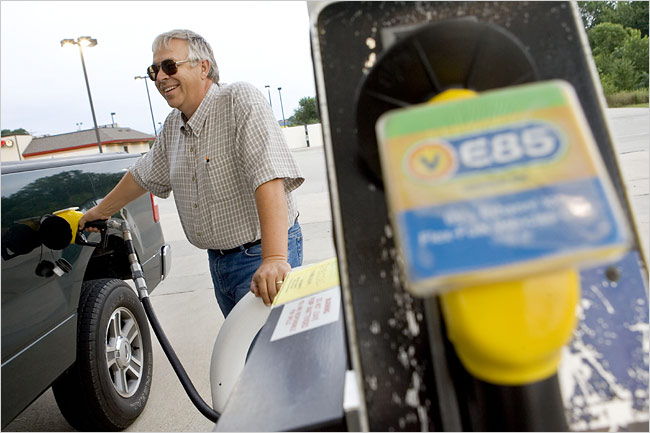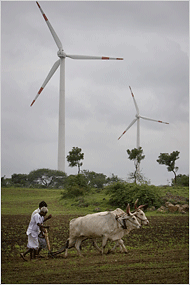 How can schools cut their energy costs, while at the same time helping communities to diversify their energy sources and support clean renewable energy? It might seem like a no-brainer, but one direct approach is to install solar photovoltaic systems on school campuses and use the generated electricity to offset their fossil fuel energy consumption and costs.
How can schools cut their energy costs, while at the same time helping communities to diversify their energy sources and support clean renewable energy? It might seem like a no-brainer, but one direct approach is to install solar photovoltaic systems on school campuses and use the generated electricity to offset their fossil fuel energy consumption and costs.
By developing solar projects on schools and powering the buildings with solar energy, it’s a win-win situation for education, clean air, and energy independence. And by giving kids and teachers hands-on learning experiences, solar school projects can help to stimulate more interest in science and math studies, which are essential to building a new clean energy economy.
A new project from the Natural Resources Defense Council (NRDC), called Solar Schools, aims to do just that, by launching pilot projects that have the potential to not only benefit the schools themselves, but to also empower those communities.
“Solar Schools blends traditional field organizing with technology, to provide a dynamic social organizing platform for solar development. Our online platform will allow parents, students, teachers and community members to join a social organizing network and begin working together to make solar a reality for their local school.
Using a dynamic and interactive guide, the platform breaks down the solar project development process into small bite-size chunks – walking local volunteers through the sequential process of evaluating, designing, financing and implementing solar projects on their school campus. Moreover, the program matches participating schools with regional and national mentors that can help them overcome any obstacles that may arise.” – Solar Schools
The Solar Schools initiative is currently attempting to raise the necessary funds through an Indigogo campaign, which seeks to garner $54,000 in order to roll out the first phase of the pilot program with projects in three to five communities across the US by early next year.
Through the Solar Schools pilot projects, communities will be empowered to build a solar volunteer team, to organize and track their progress with an online hub, and to enable more community leaders (students, parents, and teachers) and a bigger sense of ownership in the projects.
If you’d like to see more solar projects in schools, and to lend your voice in support of this initiative, check out the full details at the Solar Schools campaign page, and consider kicking in some money to the project.



